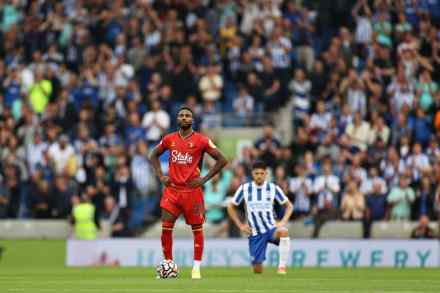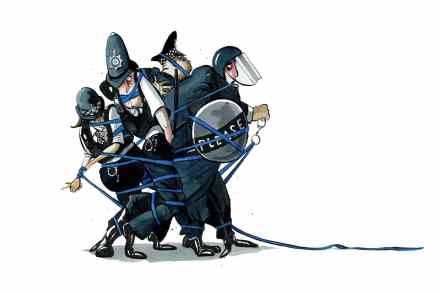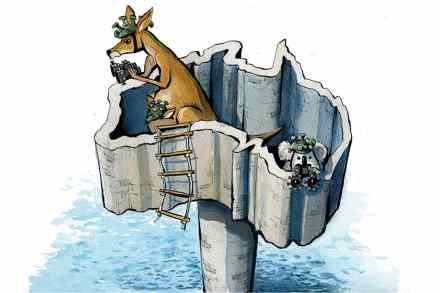Spectator competition winners: the Mona Lisa has her say
In Competition No. 3214, you were invited to choose a well-known painted portrait and let the subject speak for itself, in poetry or prose. Among those who seized the opportunity to have their say were pre-Raphaelite poster girl Lizzie Siddal, who fell dangerously ill while spending several months floating in a tin bath for Millais’s 1852 ‘Ophelia’; David Hockney’s Mr and Mrs Clark (and their cat Percy); Franz Hals’s ‘Laughing Cavalier’; and ‘Weeping Woman’ Dora Maar (‘All his portraits of me are lies. They’re Picassos. Not one is Dora Maar,’ she once told the American writer James Lord.) The challenge drew a modestly sized but accomplished entry and in another





















